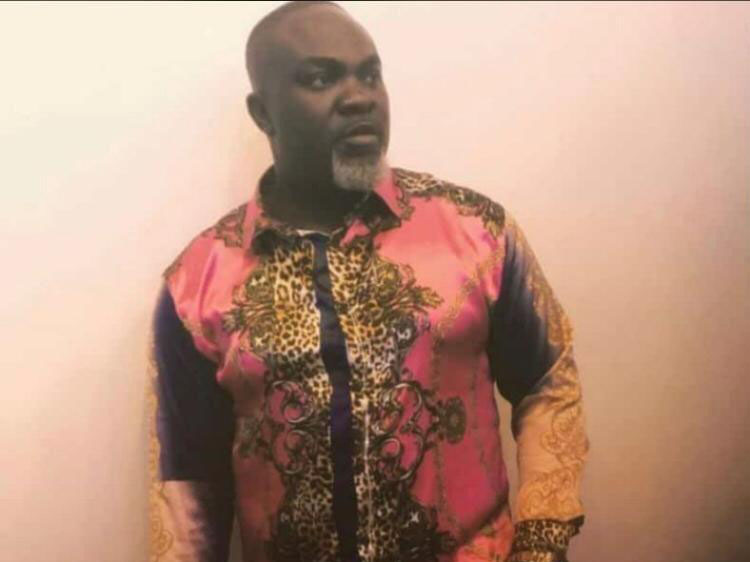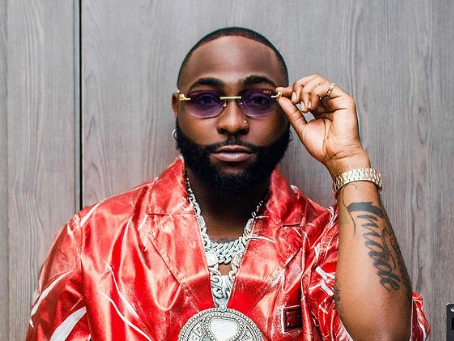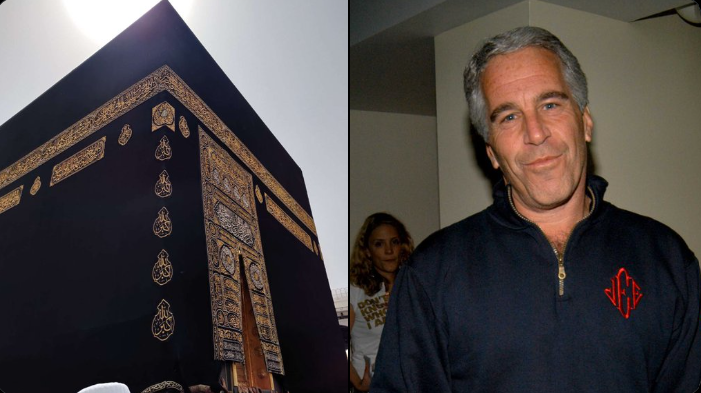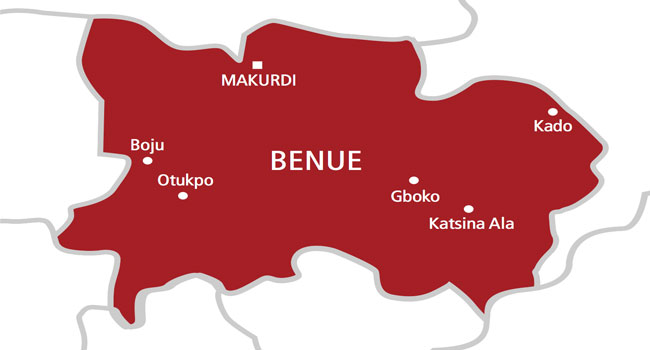Russia’s experimental coronavirus vaccine is set to be tested on more than 40,000 people in a new series of trials.
The potential vaccine, called Sputnik V in homage to the world’s first satellite, was previously hailed as effective by Russian authorities following two months of small-scale human trials – the results of which have not been made public yet.
Vladimir Putin announced regulatory approval for a test vaccine last week, claiming initial trials at Moscow’s Gamaleya Institute had demonstrated it was safe and formed long-term immunity. “One of my daughters did the inoculation herself,” he said.
Tested on only a few dozen people so far, the scientists at the Gamaleya Institute will now test the experimental vaccine on tens of thousands of people, reported Russia’s TASS news agency – citing the vaccine’s developer.
The World Health Organisation (WHO)’s Europe office said it has begun discussions with Russia to try to obtain more information about the vaccine and results of the initial trial.
Catherine Smallwood, a senior emergency official at WHO Europe said the agency had begun “direct discussions” with Russia and that WHO officials have been sharing “the various steps and information that’s going to be required” for WHO to make assessments.
“This concern that we have around safety and efficacy is not specifically for the Russia vaccine, it’s for all of the vaccines under development,” said Ms Smallwood.
She acknowledged WHO was taking an “accelerated approach” to try to speed development of coronavirus vaccines but said “it’s essential we don’t cut corners in safety or efficacy”.
The WHO official added: “We’re not going through a rushed job of trying to jump to conclusions here. We want to take our time to really understand where the vaccine’s at and to get as full information as possible on the steps that have already been taken.”
Scientists say advanced trials testing an experimental vaccine in tens of thousands of people is the only way to determine whether or not it works.
Russian officials said doctors might start getting vaccinated with their experimental shot this month and that mass campaigns could begin in October.
WHO’s Europe director Dr Hans Kluge said the agency welcomed all advances in vaccine development but that every vaccine must submit to the same clinical trials. Dr Kluge noted that Russia has a long history of developing vaccines, including those for yellow fever and polio.
Two other potential Covid-19 vaccine candidates have already started such studies in the US and elsewhere, and will require about 30,000 people to receive the immunisation and be tracked afterward.

Freelanews is a potpourri of news, entertainment, business, events and photos. This is no fake news.





























